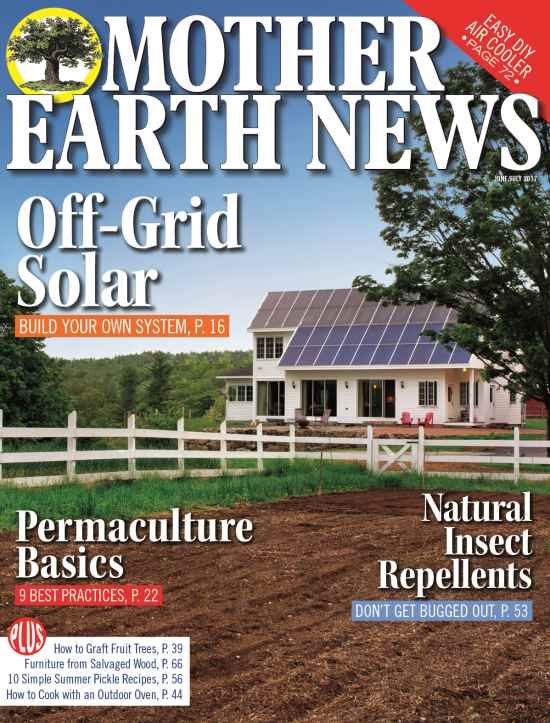Environmental enthusiasts love using solar energy to reduce their impact on the planet. But those looking to pinch their pennies have their own reasons to love solar-powered energy, too.
Switching to solar energy in the home is beneficial for both the environment and homeowners. But, some may worry that the upfront cost of panels and devices exceeds their long-term worth. Here’s a look at what you’ll need to know before making the switch.
Conventional Electricity Vs. Solar Energy — The Difference
Currently, most of the electricity used by U.S. residents comes from fuel sourcing. Power plants burn fuels to produce combustible gas that powers energy. Not only do these fuels pollute the planet, but they also have limited availability, too. Costs fluctuate and have steadily risen over time. Fortunately, solar power costs have fallen by 70% — making it the ideal alternative.
Since solar energy relies on green power provided by the sun, homeowners using a solar system will drastically reduce their carbon footprint and save thousands on their electric bill during the lifetime of their new system. Plus, homes increase in resale value with solar panels —$5,911 per each kilowatt of solar installed.
If you’re worried about not getting your worth out of solar panels before moving, it’s reassuring to know that this installation increases the value of your home and makes it more sellable, too.
Ways to Include Solar Energy in the Home
Switching to solar energy doesn’t look the same for every homeowner. For some, it makes sense to switch entirely to solar-sourced energy. For others, it’s more practical to switch gradually or to incorporate solar energy in specific areas of the home.
Here’s a look at a few places you can replace the current power in your home with solar energy:
- Water heating: As an alternative to traditional gas and electric stoves, solar water heaters can heat water with the use of natural energy. For added cost-saving benefits, apply for a tax credit after installing your solar water heater.
- Devices: While it may seem like they don’t have too much of an impact on our overall energy use, replacing conventional devices with solar-powered alternatives is a small step anyone can take to save money in their home. Smaller devices that you can swap include solar-powered chargers for electronics, fans, and watches. You’ll reduce your electricity bill — which will save you a more noticeable amount of money in the long-run.
- Outdoor lighting: Bright lights in porches, garages, and lawns can steadily contribute to a growing electric bill. Outdoor solar lights easily capture sunlight during the day to convert into electricity later – an act which costs you nothing.
- Cookers: Solar ovens — or cookers — have become increasingly popular for homeowners looking to reduce their energy costs. These devices use energy directly from the sun to heat up and cook food products.
Any area of your home that currently uses traditional energy sources will likely benefit from swapping over to solar energy. Examine your house and brainstorm the changes you can start to make today.
How to Decrease Costs
It’s no secret that appliances, light sources, and homes, in general, tend to use a lot of energy. Before you invest in a solar system for your home, try to reduce your energy consumption at large.
There are simple changes you can make that will save you money in the long-run without sacrificing on your everyday conveniences. For example, did you know that a front-loading wash machine uses 40% less water than the typical top-loading machine? Investing in this appliance can significantly cut down on your water and power usage — saving you money.
Other small ways to decrease costs include insulating your roof and ceilings, unplugging your appliances when they’re not in use and using natural heating and cooling when necessary. Once you make an effort to reduce your home energy costs, it’s much easier to switch over to “green power” — or solar-powered energy.











2 Comments
Water heading is a proven way to save both energy and money in the long run. Best for the areas where the sunlight is sharp during the majority of the seasons in the year. We had an NGO running a small project in my hometown and recently we’re getting positing responses from the neighbourhood.
Great article, i do think water as a natural resource is a good way to provide energy. i do appreciate this very much